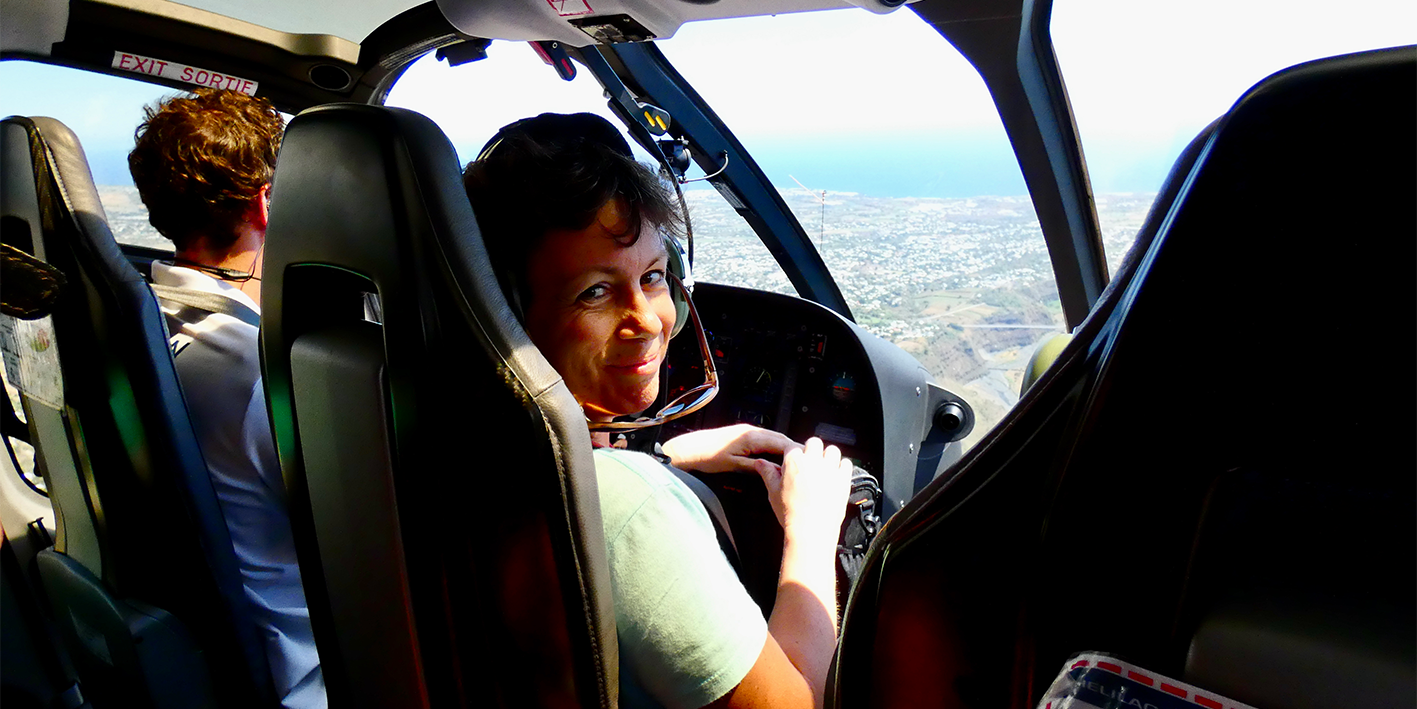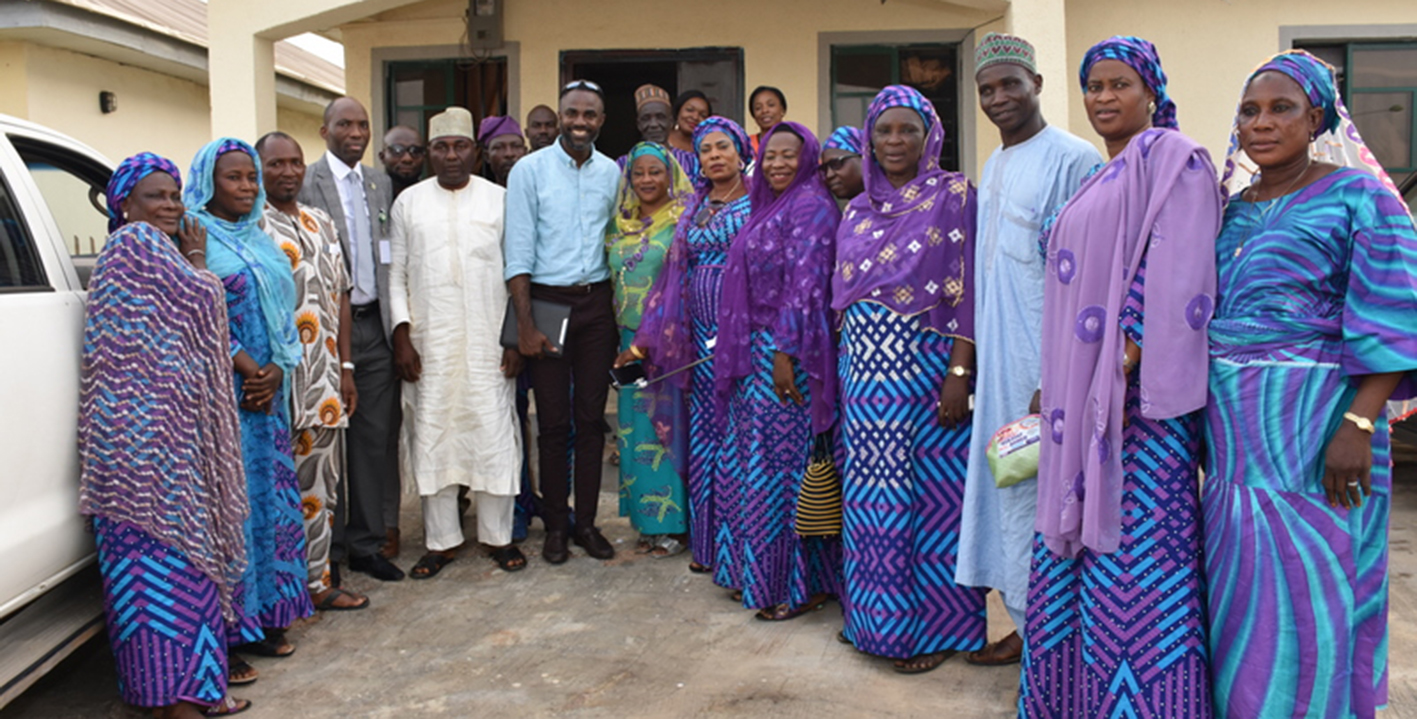
Can entrepreneurship education help improve employment in war-torn African countries?

- Poverty and conflict has been associated with high youth unemployment in Africa
- Entrepreneurship education is being seen in some South-Saharan African countries as a solution to provide more young people with better work opportunities – however this had not previously been researched
- A University of Wolverhampton study suggests that proper organisation of entrepreneurship education programmes in any conflict environment can influence positive and beneficial outcomes for learners
- However, it also highlighted that access to financial support remains a major challenge
Dr Paschal Anosike, Director of the Centre for African Entrepreneurship and Leadership (CAEL), at the University of Wolverhampton, has been looking at the effect of entrepreneurship education on business ambition among students and graduates in Sub-Saharan Africa (SSA).
Entrepreneurship education, which gives students and graduates the skills to set-up and run their own businesses, is being seen in some countries, such as Nigeria, as a solution to provide more young people with better work opportunities.
Poverty and conflict has been associated with high youth unemployment; only about three million of the 11 million graduates in Africa access decent jobs annually, and this lack of opportunity can lead to the recruitment of young people into terrorism groups, such as Boko Haram.
However, little research had been done in SSA countries, especially those experiencing high levels of conflict, to see if entrepreneurship education can be effective in places that are so unsettled and experience unreliable supply of resources.
With funding from the European Union and the British Council, Dr Anosike has been looking into these previously under investigated areas.
In relation to a research project set in northern Nigeria, Dr Anosike said: “We found that knowledge and skills in analysis of market intelligence and business plans were not only linked with positive entrepreneurial outcomes but also that the strategic use of market intelligence constituted the vital momentum for the growth and survival of new ventures in the region.”
“I saw that the conflict of northern Nigerian, combined with the participation in entrepreneurship education, provided individuals with the incentive to set-up their own enterprises.
“Our findings suggested that proper organisation of entrepreneurship education programmes in any conflict environment can influence positive and beneficial outcomes for learners.”
Despite the positive impacts entrepreneurship education can have, Dr Anosike highlighted that access to financial support remains a major challenge.
Many parties have so far benefitted from Dr Anosike’s research, including higher education providers (e.g. Covenant University’s Hebron Start-up Lab and Bingham University’s Entrepreneurship Development Centre), businesses, inter-governmental bodies (e.g. it fed into African Union’s recently launched Pan-African Virtual and E-Learning University’s [PAVEU] entrepreneurship curriculum), national governments and global think-tanks.
Notably, his research informed a Commonwealth/UNCTAD international workshop on developing national policies on youth entrepreneurship, attended by over 50 senior government representatives from across Africa. Following this, ten African countries have developed national youth entrepreneurship policies, which were previously unavailable.
Also, Dr Anosike’s research directly influenced the metrics used to develop and pioneer the authoritative Africa Prosperity Index (API), published recently by the London-based global think-tank Legatum Institute. The API has inspired greater and wider awareness of Africa’s current and future economic prospects.
Photos (both taken before the coronavirus pandemic) -
(1) Dr Anosike with women community leaders contributing to the project.
(2) Dr Anosike with young people who benefitted from the project's outcome.
For more information please contact the Corporate Communications Team.


/prod01/wlvacuk/media/departments/digital-content-and-communications/images-18-19/iStock-163641275.jpg)
/prod01/wlvacuk/media/departments/digital-content-and-communications/images-2024/250630-SciFest-1-group-photo-resized-800x450.png)
/prod01/wlvacuk/media/departments/digital-content-and-communications/images-2024/Judo.jpg)
/prod01/wlvacuk/media/departments/digital-content-and-communications/images-2024/Nikhil-Seth-honorary-professorship.jpg)
/prod01/wlvacuk/media/departments/digital-content-and-communications/submitted-news-images/St.-Kitts-and-Nevis-trip-web.jpg)
/prod01/wlvacuk/media/departments/digital-content-and-communications/images-2024/City-courtyard.jpg)
/prod01/wlvacuk/media/departments/digital-content-and-communications/images/Uni-teaser.png)


